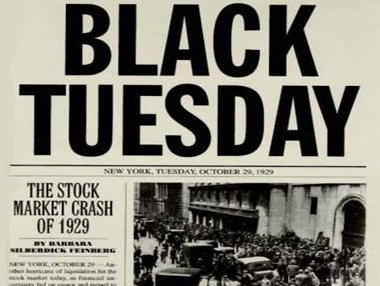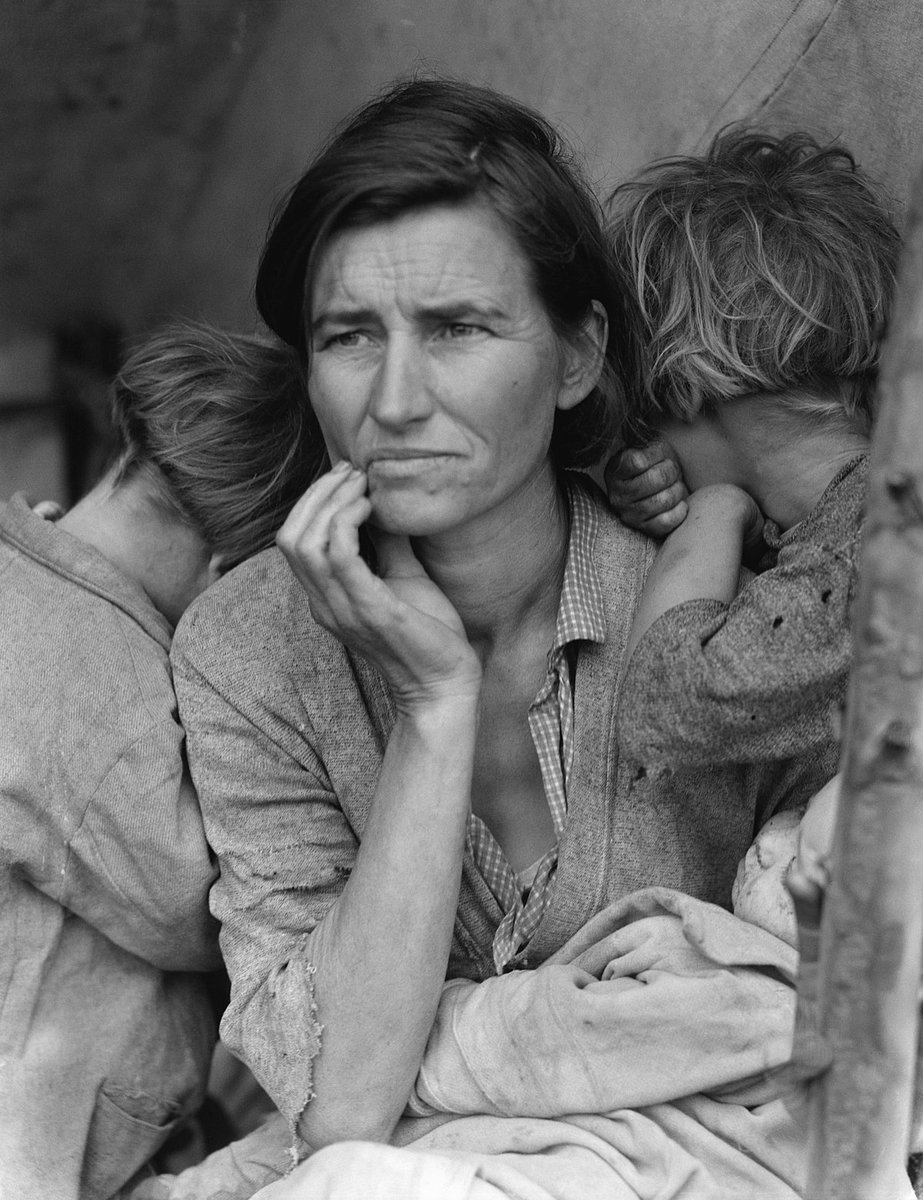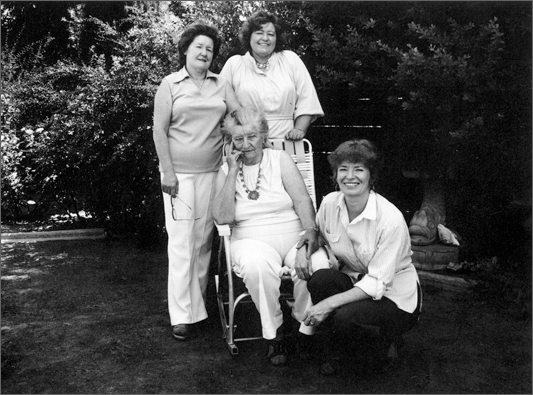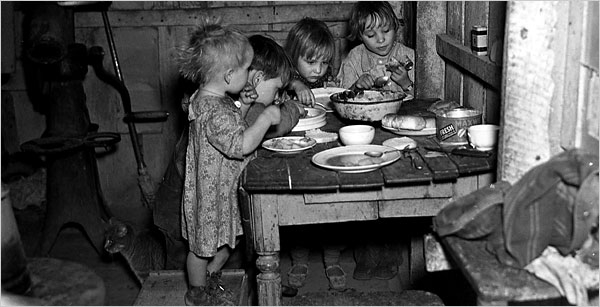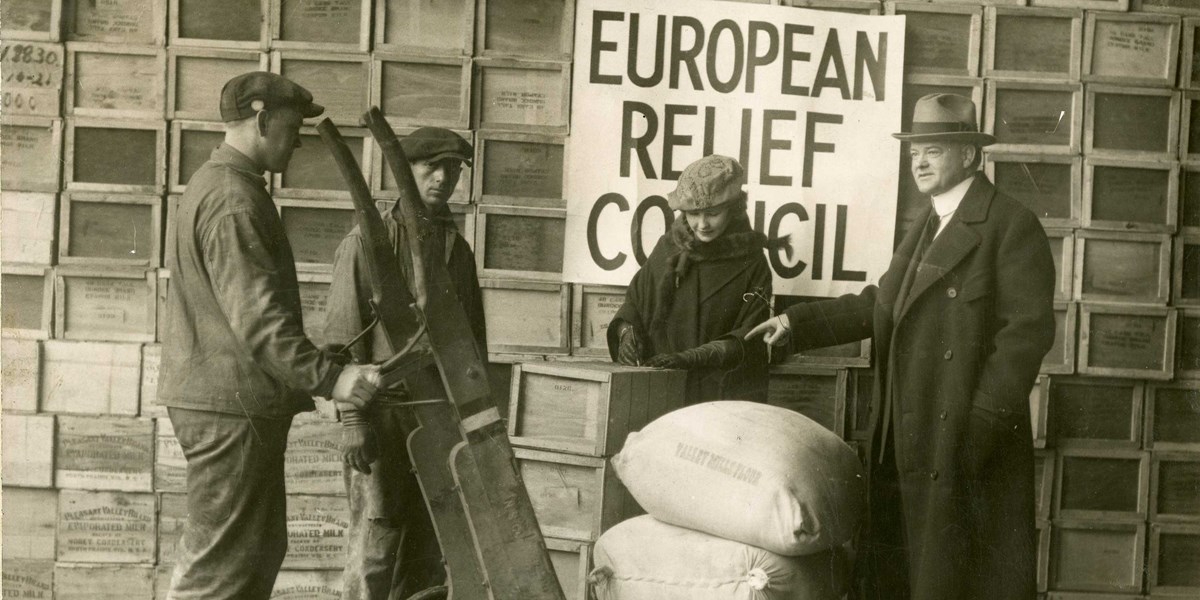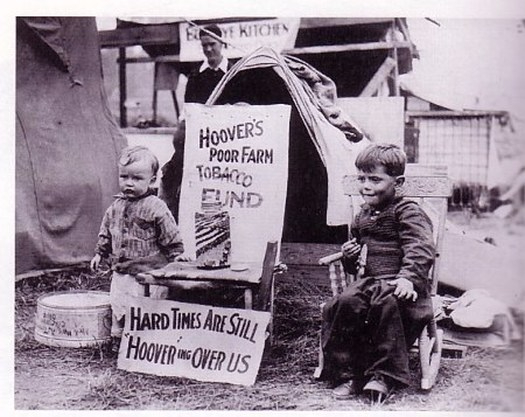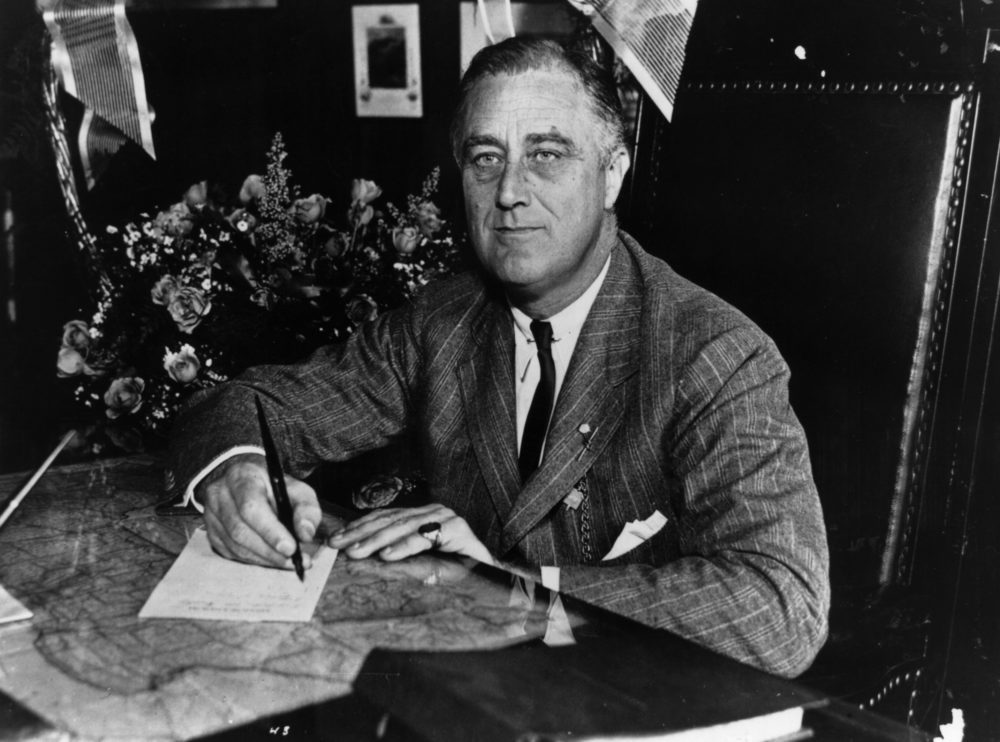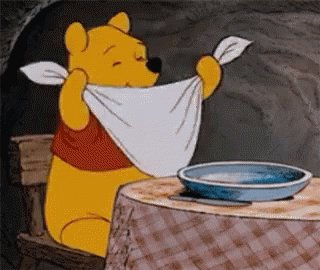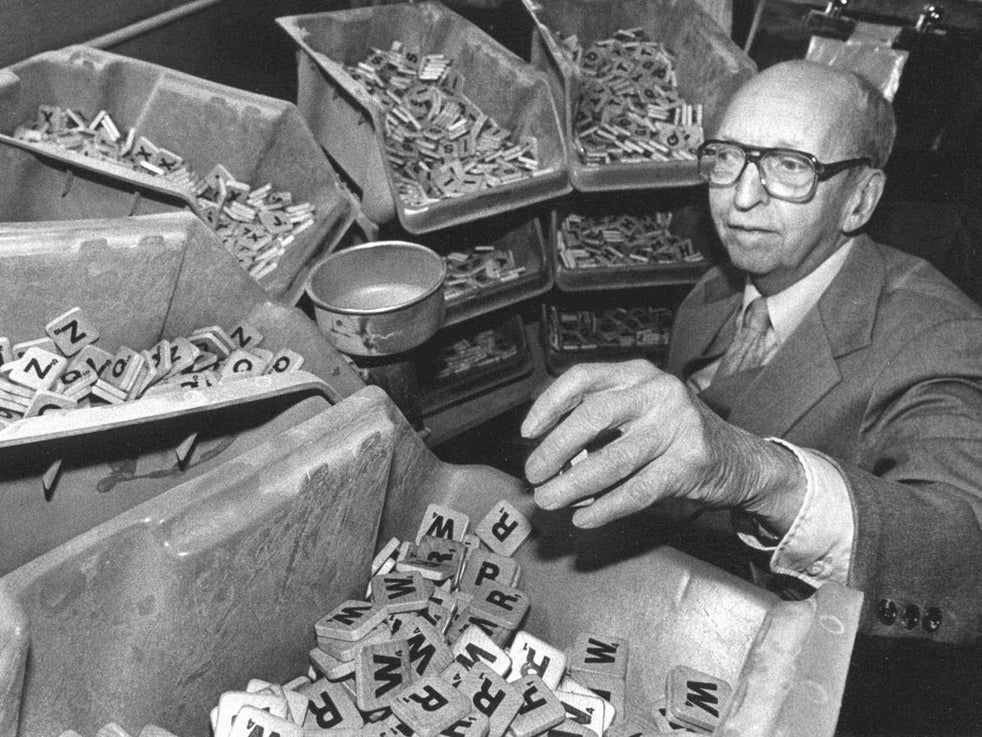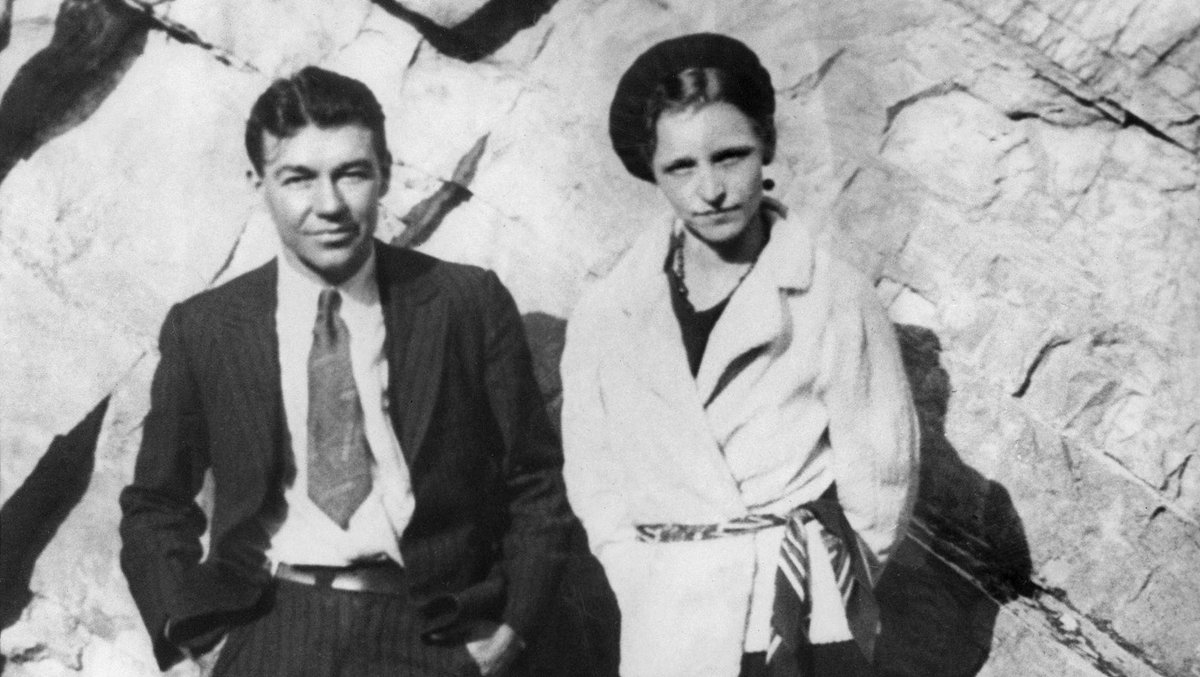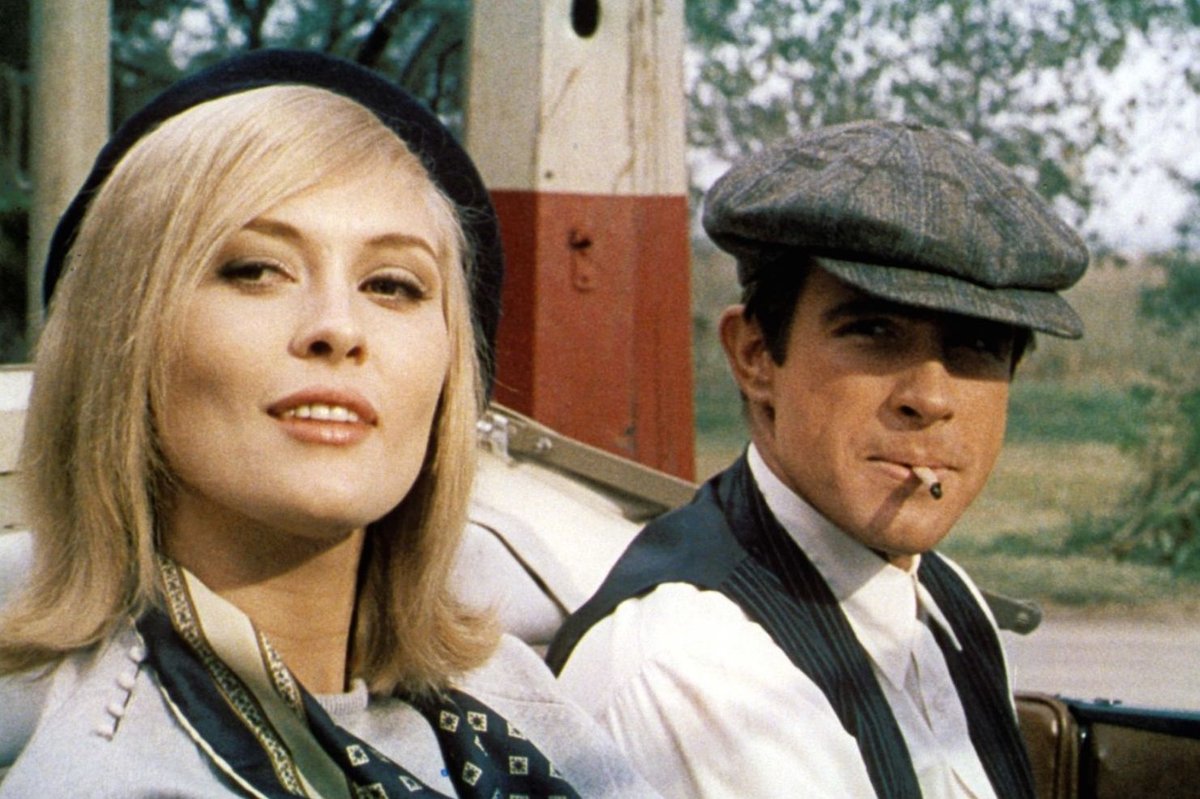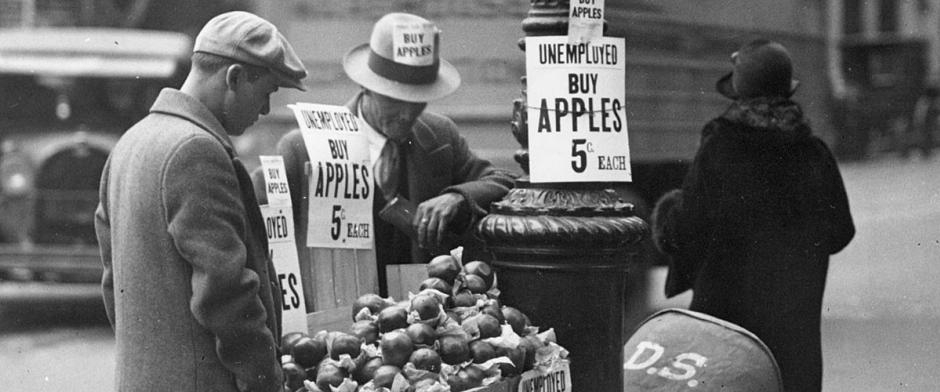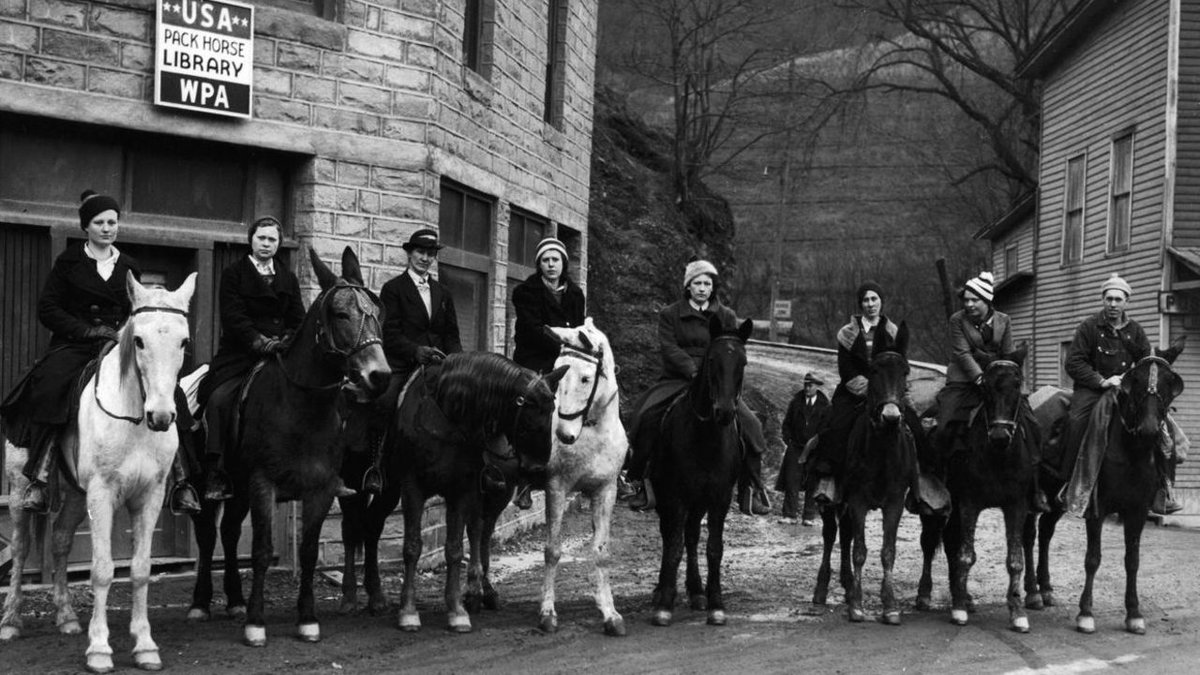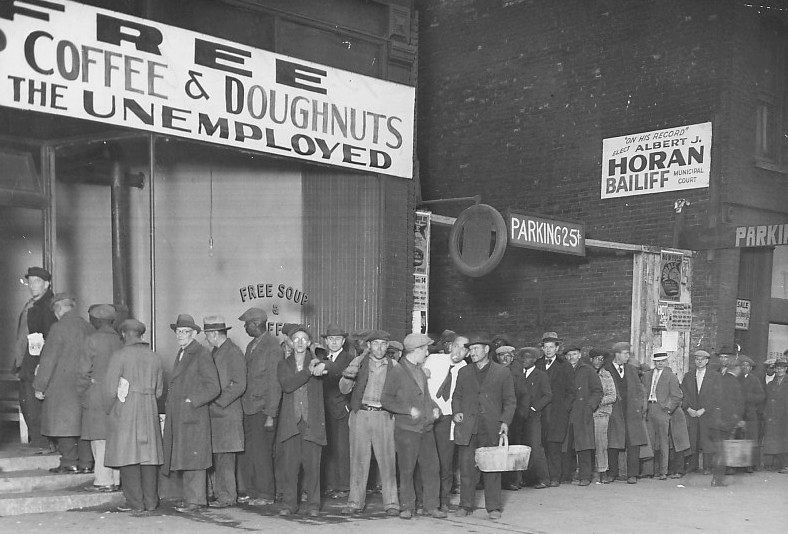#Onthisday in 1929, America witnessed a stock market crash now infamously dubbed “Black Tuesday.” An economic depression that later spread to the rest of the industrialized world, here are some stories from the 1930s also known as the “Dirty Thirties.” (1/13) #funwithfundas
You might recognize Dorothea Lange’s famous photo, “Migrant Mother.” Clicked at a camp of migrant farmers from Dust Bowl states, Lange’s story about the mother and her kids aroused an entire nation’s empathy. But the woman in the picture had simply vanished. (2/13)
Florence Owens Thompson, the real Migrant Mother, resurfaced in 1978. A Native-American woman, she and family were only making a pit stop at the camp because their car broke down. She said that she felt “exploited” by Lange’s portrait and narrative. (3/13)
Eating habits during the Depression-era was rather depressing. Loaves became popular because they required a single ingredient and something cheap to stretch said ingredient. Other strange concoctions included peanut butter stuffed onions and prune puddings. (4/13)
President Herbert Hoover, however, “was fabulously out of touch”, say food historians. Despite his food relief efforts, he dined like royalty in his almost gold-plated dining room, wearing a dinner jacket while his countrymen starved outside closed doors. (5/13)
The unpopular President& #39;s name was subject to a variety of derisive neologisms. Shantytowns were called Hoovervilles. Newspapers used by the homeless to cover up during winter were “Hoover blankets” and penniless pant pockets pulled inside out “Hoover flags” (6/13)
All this and more ensured that Hoover didn’t stand a chance in the 1932 Presidential election. Franklin D Roosevelt enjoyed a sweeping victory and won American hearts with these famous words “Only thing we have to fear is fear itself.” (7/13)
As for Roosevelt’s menu? Deviled eggs in tomato sauce, mashed potatoes and the infamous prune pudding for dessert. An act of culinary solidarity. There is still some debate over whether the President’s New Deal actually helped end the Great Depression (8/13)
In 2020, we have Among Us. Back then, Monopoly and Scrabble were favourites. In fact, the unfortunately named Alfred Butts, the guy, uh, behind Scrabble, said: I didn& #39;t have anything to do; I didn& #39;t have a job. So I thought I’d invent a game. (9/13)
#DYK the criminal duo, Bonnie & Clyde, was also a product of the Depression era? A farmer’s son, Clyde Barrow, would never accomplish a career in music, and Bonnie’s closest brush with the silver screen would be Arthur Penn’s 1967 Bonnie and Clyde. (10/13)
New York streets crowded with the unemployed selling apples is symbolic of the “Dirty Thirties.” A scheme used to move surplus apples, it helped the men earn some money. Apple selling also was because many refused to take on jobs considered & #39;feminine& #39;. (11/13)
There was also the Pack Horse Library Initiative. A product of the New Deal, they were librarians on horsebacks who distributed books to people deep in the Appalachia. Apparently, the readers loved Mark Twain, and Robinson Crusoe was a favourite as well. (12/13)
We end with an unlikely hero, Al Capone. Chicago’s most wanted gangster was behind a soup kitchen that fed thousands. Of this, a newspaper reported, “A hungry man is just as glad to get soup & coffee from Al Capone as from anyone else.” (13/13) #funwithfundas

 Read on Twitter
Read on Twitter